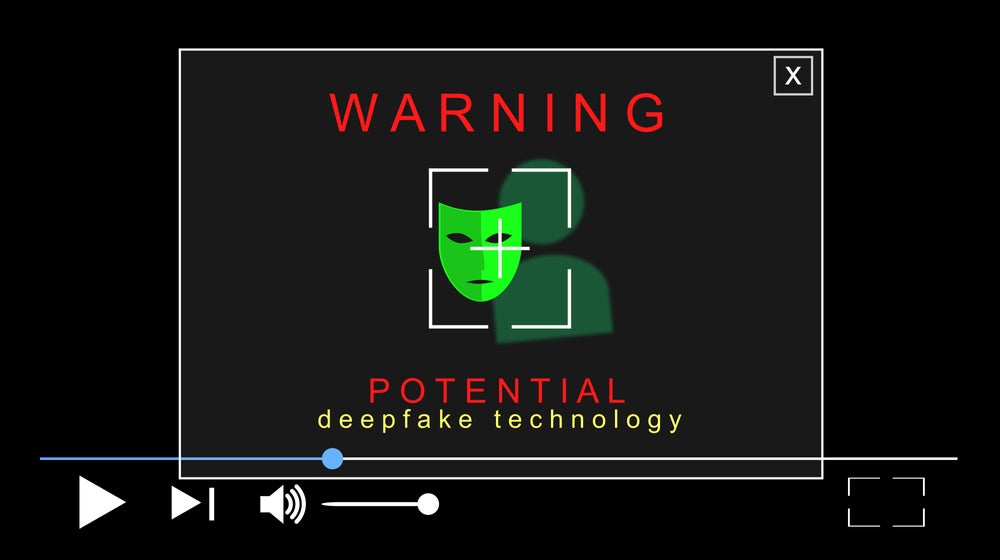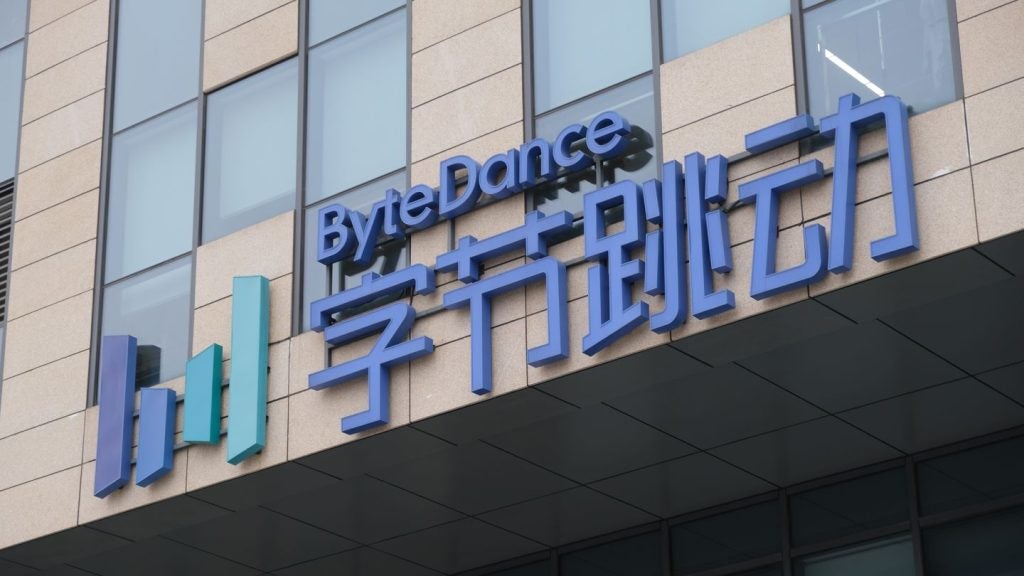Ahead of next year’s critical elections, regulators will struggle to develop comprehensive legislation managing deepfakes.
In 2024, the US, UK, India, Russia, and the EU all have elections that will have significant implications for global geopolitical dynamics until the end of the decade.
Deepfakes are visual or audio content that has been manipulated or generated using artificial intelligence, with the intention of deceiving the audience.
What can be done about the deepfakes threat?
There are no tried and tested methods of regulation to combat this rapidly evolving technology, which is why countries are acting quickly to provide guardrails. Suggested approaches center around the use of watermarks, which inform users that content has been synthetically generated. China took this a step further at the start of 2023, by introducing laws that require deepfakes to have the subject’s consent as well as a watermark.
However, this will not be enough. Online tools can be used to remove watermarks, making the measures ineffective. A multi-stakeholder approach will be needed to mitigate the potential damage done by disinformation, especially during election cycles.
When deciding how to regulate, protecting the right to freedom of expression and taking actions to mitigate misinformation must be balanced. Countries are more likely to favor censorship based on how authoritarian the current system of governance is. This will result in fractured, non-uniform legislation across the world as a multilateral agreement between global powers is unlikely.
How well do you really know your competitors?
Access the most comprehensive Company Profiles on the market, powered by GlobalData. Save hours of research. Gain competitive edge.

Thank you!
Your download email will arrive shortly
Not ready to buy yet? Download a free sample
We are confident about the unique quality of our Company Profiles. However, we want you to make the most beneficial decision for your business, so we offer a free sample that you can download by submitting the below form
By GlobalDataDiffering regulations have already proven to be a headache for Big Tech. For example, this year, Meta was fined $1.3bn by the EU’s privacy regulator for transferring EU user data to the US.
Countries with elections next year must ramp up their regulation efforts
Ashwini Vaishnaw, the IT Minister of India, said on November 23, 2023, that regulations surrounding deepfakes should be drafted in the next few weeks. Potential punishments should be aimed at those uploading the content and the social media platform on which the content was published.
This push for regulation continues the global trend of countries reacting to the abnormally quick technological advances of AI, the technology often used to create deepfake images and videos. It is crucial to do so with speed, as proven by Joe Biden’s use of an executive order to start to manage the risks of AI, rather than going through Congress. The executive order calls for the issuance of guidance on how to detect AI-generated content. Biden noted that he had been fooled by a deepfake of himself.
If deepfakes can have this impact on the president, then it stands to reason that the electorate could be deceived as well, damaging democracy. Many crucial elections will be taking place next year and effective legislation fully preventing the adverse effects of deepfakes is unlikely. Regulators will therefore need to be defensive, focussing on damage control to make sure misinformation does not inundate any campaigns. For instance, early in November 2023, EU legislators reached a new provisional deal on political advertising. The new rules will make it easier for authorities to see who is financing a political ad and how much it was paid for. In the context of deepfakes, similar legislation could help limit the damage done by misinformation.








